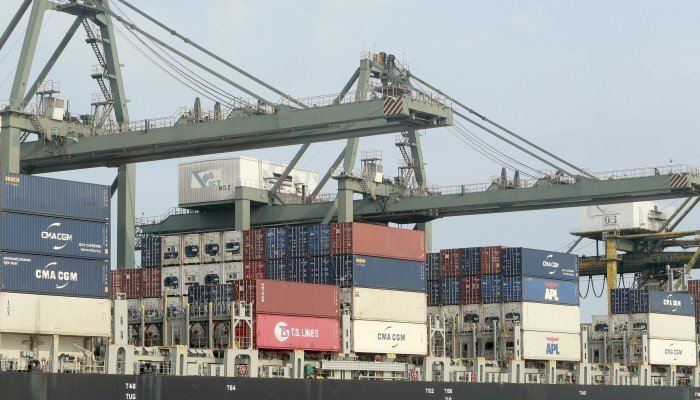IMF downgrades global growth outlook as developing countries lag on vaccinations
The International Monetary Fund (IMF) on Tuesday downgraded prospects for economic growth globally, noting that while advanced economies are set to rebound in the near-term, low-income developing countries continue to struggle with the spread of Covid-19.
“The dangerous divergence in economic prospects across countries remains a major concern,” said IMF Chief Economist, Gita Gopinath.
The IMF updated its World Economic Outlook, lowering its forecast for global growth in 2021 to 5.9% (from 6.0% in its July forecast). It maintained its projection for 4.9% growth in 2022.
But the report notes that while growth in advanced economies is largely expected to return to pre-pandemic trend in 2022, emerging market and developing economies (excluding China) are forecast to remain 5.5% below trend in 2024.
Gopinath said this would result in “a larger setback to improvements in their living standards.”
The report specifically detailed downgrades in the outlook for five Southeast Asian countries (Indonesia, Malaysia, Philippines, Thailand, and Vietnam), where the IMF slashed 2021 growth prospects to 2.9% from 4.3%.
Worker shortages and Covid-19 restrictions in major exporter countries like Vietnam have already been felt in advanced nations like the U.S., where companies like Nike have been pinched on inventory.
Those supply disruptions also led the IMF to downgrade some growth projections for advanced nations as well.
The IMF now expects the U.S. economy to grow by 6.0% this year, a downgrade from the 7.0% it had forecast in June. But the IMF expects a slightly better 2022, projecting 5.2% growth (an upgrade from the 4.9% it forecast in July).
The IMF also downgraded 2021 growth prospects for Germany, Spain, Japan, the United Kingdom, and Canada. China is projected to grow by 8.0% in 2021, a tick down from the 8.1% it had forecast in July.
Broadly, the IMF emphasised the need to expand vaccination campaigns targeted at low-income countries, where the report said 96% of the population remains unvaccinated.
The World Economic Outlook also warned policymakers to be mindful of the risks of inflation, as supply chain problems continue to push prices up.
“Central banks should be prepared to act quickly if the risks of rising inflation expectations become more material in this uncharted recovery,” Gopinath said, although she noted that the pace of price increases should slow by mid-2022.



